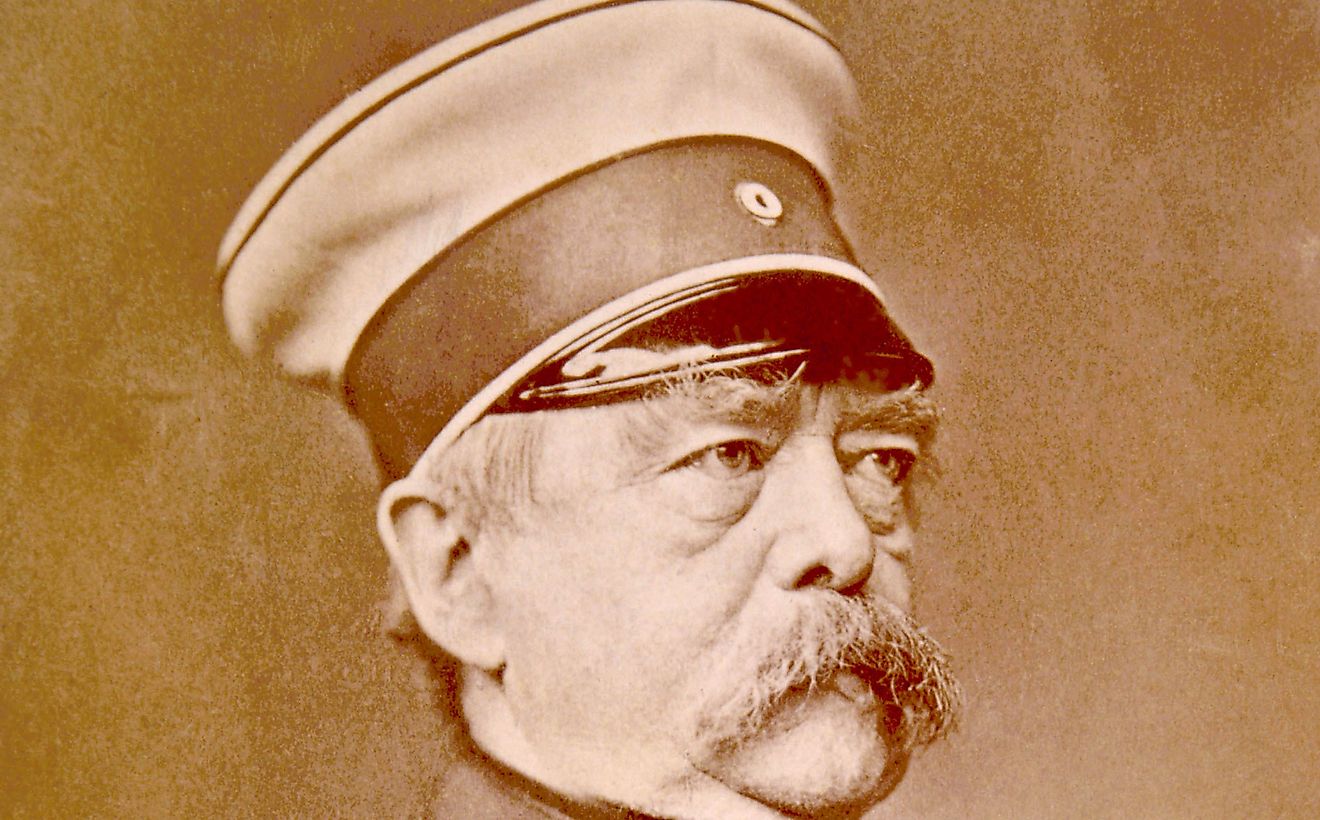What is Realpolitik?

Realpolitik is most easily explained as a pragmatic approach to politics. It does not mean that the principles of realpolitik dismiss all other types of political thought as ‘’unreal’’, it is the focus that is different. Therefore, realpolitik is concentrated on dealing with real, everyday problems of ordinary people.
The use of realpolitik principles is most commonly assigned to the German politician and Chancellor Otto von Bismarck. However, it was not Bismarck who came up with this concept. It was first described by another German politician called Ludwig von Rochau, in 1853. In one of his publications, von Rochau portrayed realpolitik as a needed solution to tackle the problems that were present in the middle of the 19th century Germany.
The Realpolitik of Otto von Bismarck
Almost 20 years later, the German Chancellor Otto von Bismarck continued the work of von Rochau during the establishment of the German state-nation in 1871. It was Bismarck’s perspective that with realpolitik put into action, a lot of problems of the German people can be solved. By focusing on the issues that can be resolved through negotiation, Bismarck embraced the realistic view on issue-solving proposed by von Rochau. The political structure of Europe was especially distressed during the late 19th century, and realpolitik served as an ideal tool for politicians like Bismarck to deal with the rise of nationalism forces across the European continent.
The most significant success of Bismarck’s realpolitik came after Austria and Prussia went into war against each other in 1866. After Prussia emerged victorious from that conflict, Otto von Bismarck decided he will not further fragment the territory of Austria, although that was the common practice in post-war negotiations. It was Bismarck’s view that it is better to leave the Austrian national territory intact, in case that Prussia ever needs help in fighting another enemy in the future.
Realpolitik and Klemens von Metternich
The same realpolitik approach was also used by Klemens von Metternich to put the revolutions that were emerging across Europe in 1848. This politician from Austria was well aware of the problems that the appearance of growing nationalism would bring. Metternich himself was of conservative political background. Still, he was prepared to engage in negotiations with the opposing liberal political parties. By doing this, Metternich was able to preserve the stability of his political party and prevented more social and political uprisings from the liberal side.
Realpolitik later became an equivalent for ‘’power politics’’, which continued a long tradition of a pragmatist approach to politics that was used even 300 years ago by the Italian politician Niccolò Machiavelli. The same concepts served well for American politicians like Henry Kissinger and George Kennan to deal with the aftermath of World War II. The concept itself was later intertwined with new arising thoughts such as machtpolitik or weltpolitik, which would translate from German to, the ‘’politics of the force’’ and ‘’politics of global power’’. Realpolitik can even now be seen as a viable approach to resolving the problems that come with the rise of new national sentiments across the globe.











